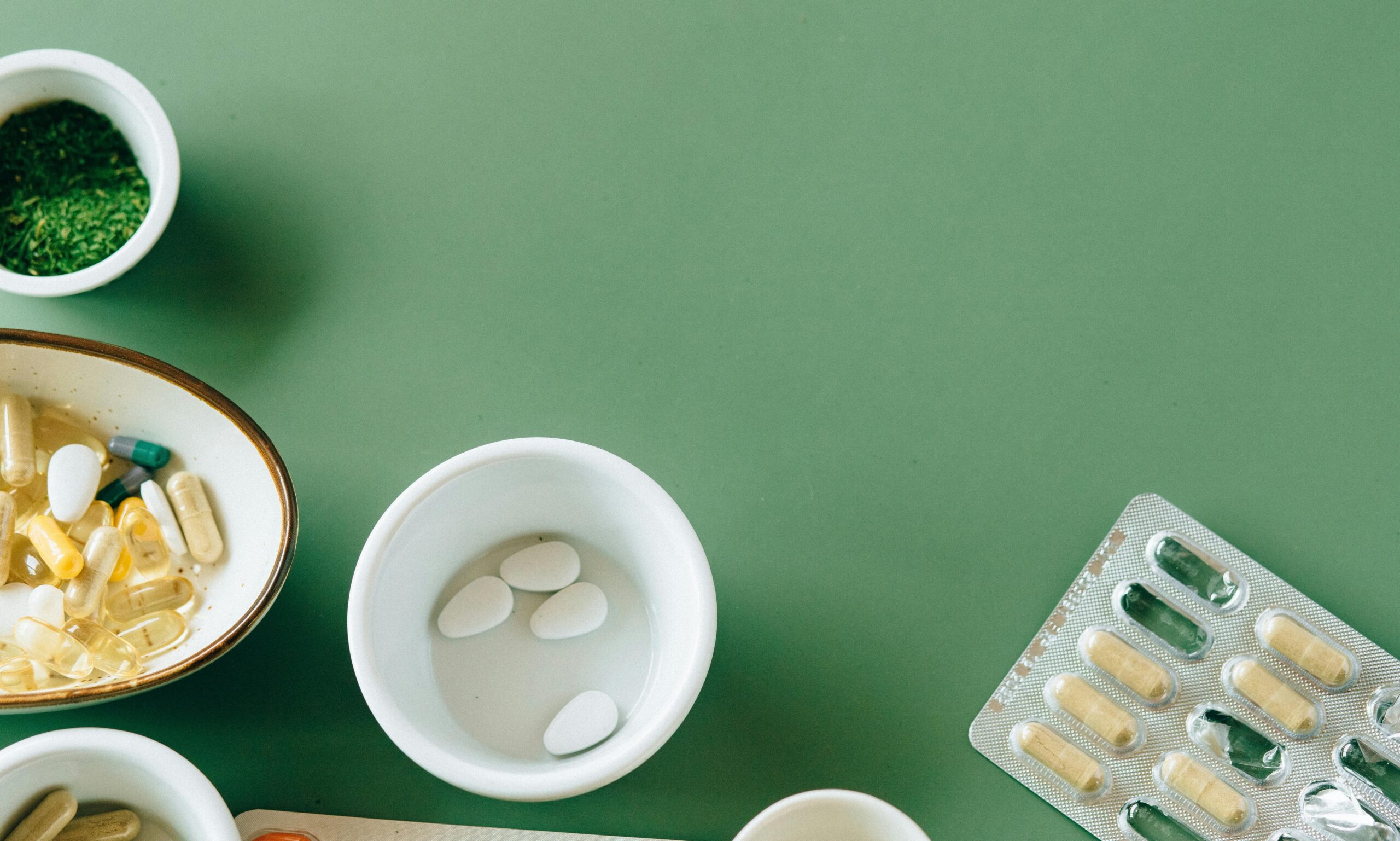In today’s world, every one seems to be looking for the quick and easy solution to their problems. Unfortunately, it’s often not that easy; however there are some supplements that can help improve sleep latency and overall quality of sleep. The results of these supplements will inevitably vary from person to person, and there is still research being done to verify the effectiveness, but some of these might make a noticeable difference considering the increasing abundance of nutrient deficiencies amongst people nowadays. Some of these supplements have helped me get off SSRIs and improve my sleep and symptoms of anxiety.
Magnesium
Magnesium deficiencies have also been linked to anxiety and depression, as well as nerve and brain damage in the long run. Along with that, more and more research is emerging showing that magnesium can help improve sleep quality and promote calmness. Taking magnesium before bed can reduce cortisol (the stress hormone), increase melatonin production (the sleep hormone), which in turn results in higher quality, more restful sleep. Obviously, these results vary from person to person, but I have noticed a difference myself once I started taking magnesium nightly. Magnesium can also be found in foods such as nuts, spinach, seafood, seeds, and avocados.
Common Types of Magnesium:
- Magnesium Oxide
- Magnesium Citrate
- Magnesium Glycinate/Biglycinate
- Magnesium Sulfate
- Magnesium Chloride
- Magnesium L-Threonate
- Magnesium Taurate
- Magnesium Malate

Each type of magnesium has been shown to affect the body differently, and also differently from person to person. When it comes to sleep and anxiety, magnesium glycinate and magnesium L-threonate have been shown to help reduce sleep latency and improve sleep quality. Magnesium glycinate is one of the most easily absorbed forms of magnesium, and has been shown to improve sleep by calming the body and regulating the nervous system, while magnesium L-threonate has been shown to benefit cognitive health in the short and long term, and promote relaxation. I personally take the MagTech Magnesium Complex by Natural Stacks, which contains a blend of magnesium L-threonate, magnesium glycinate, and magnesium taurate. These three kinds of magnesium are best absorbed by the body, and can help improve sleep. This supplement is expensive, but I would recommend trying the 90 count if you are skeptical of it working for you.
MagTech Magnesium Complex Capsule (Amazon Paid Link)
MagTech Magnesium Complex Drink Mix (Amazon Paid Link)
Solaray’s Magnesium Glycinate (Amazon Paid Link)
Lavender Oil
Similarly to magnesium, lavender oil has been shown to improve sleep quality, as well as improve symptoms of anxiety and depression. Some studies have even shown that orally ingested lavender could work as well as anti-anxiety medication to treat anxiety. One of the main benefits of lavender is that it can be used in many different ways such as: oils, patches, supplements, lotions, teas, room sprays, and more. Also, the benefits of lavender oil go beyond improving sleep and anxiety, as it has been shown to reduce blood pressure and decease pain and inflammation. One thing to note: there has been evidence suggesting that lavender oil is an endocrine disruptor and can affect hormones in children, especially young boys. If you decide to try out the lavender softgels, be weary of “lavender burps,” which some people who ingest them experience. Try storing the softgels in the refrigerator to improve this side effect.
Majestic Pure Lavender Essential Oil (Amazon Paid Link)
Essential Oil Diffuser (Amazon Paid Link)
Nature’s Way CalmAid Softgels (Amazon Paid Link)
Lavender Scented Candles (Amazon Paid Link)

Melatonin
Melatonin is a hormone naturally produced by your body when in darkness that signals to your brain that it is time to seep. This is directly correlated with your circadian rhythm, which is essentially your 24 hour body clock that dictates your alertness and sleepiness throughout the day. Melatonin can be used as a supplement to alter your circadian rhythm to help you fall asleep faster, and has even been shown to improve sleep quality in some cases, specifically for those with sleep disorders. The typical effective dosage of melatonin is anywhere from 3-10 mg, before bedtime based on product manufacturer recommendations, but beneficial dosages may vary from person to person. Personally, I try to avoid taking melatonin frequently, as I don’t want to create a dependance on it to fall asleep. When I do take melatonin, I take 5 mg roughly 30-60 minutes before bed.
3 mg Nature Made Tablets (Amazon Paid Link)
5 mg Nature Made Tablets (Amazon Paid Link)
Valerian Root
Valerian root has been used for many years to reduce anxiety by increasing GABA levels in your body, therefore improving sleep. There aren’t many conclusive studies on the effectiveness of valerian root for sleep, but it has been used since the 11th century as a sleep aid. The recommended dosage is 300-600 mg before bed.
500 mg Capsules (Amazon Paid Link)
Vitamin D
According to the NIH, at least 42% of US adults are vitamin D deficient, and this number is even high with 63% of Hispanics and 82% of African Americans being deficient. Vitamin D deficiencies are most common in locations with less sunlight, but still possible in sunny locations depending on lifestyle. Vitamin D can be found in foods such as fish, mushrooms, dairy products fortified with vitamin D and egg yolks, but relying on food alone for the proper vitamin D intake is not recommended. There are two common types of vitamin D: vitamin D2 and vitamin D3, with vitamin D3 generally being preferred. Signs of a vitamin D deficiency include: fatigue, mood swings, joint pain, hair loss, and muscle weakness. Vitamin D deficiencies have also been linked to depression, and has been found to play a role in sleep regulation. While vitamin D isn’t necessarily a supplement known for improving sleep, I wanted to put it on this list because resolving a vitamin D deficiency can drastically improve how you feel, which I have witnessed first hand. The recommended vitamin D intake is at least 600 IU per day, but supplements of 1000-2000 IU per day are safe and effective. Vitamin D3 is relatively inexpensive and worth trying if anything that I previously described applies to you.
Vitamin D3 2000 IU (Amazon Paid Link)
Vitamin D3 10000 IU (Amazon Paid Link)


